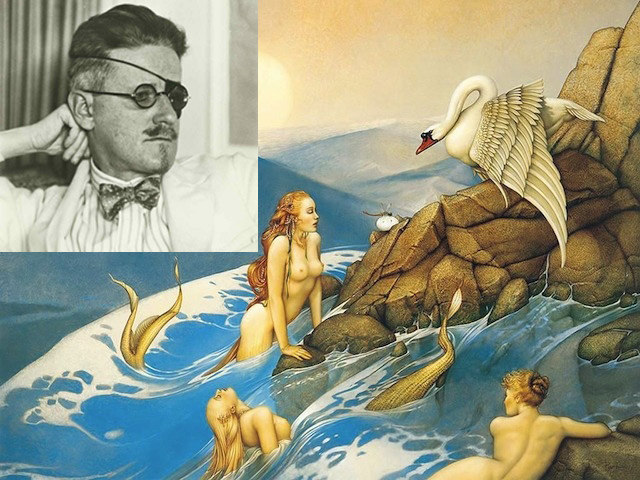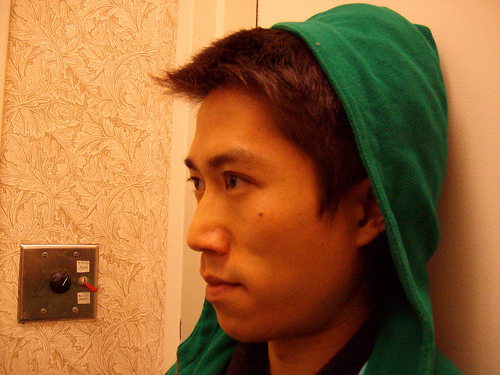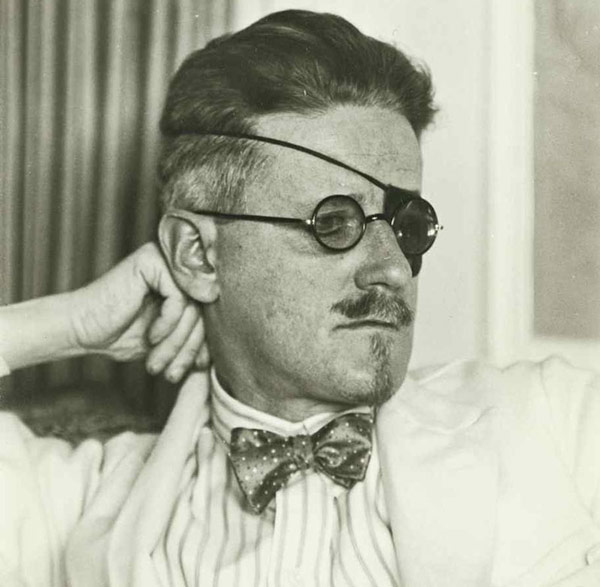The 2012 Realist Sex Novel Kerfuffle (a response to Blake and Stephen, involving also cowboys, Atlas Shrugged, and the Franzen/Marcus debate)

“Ho hum, I profess an interest in these cavorting sea nymphs only inasmuch as I can use them to allegorically comment on the Human Condition.”
Blake has stated, over at Vice, that he doesn’t want to read any more books about straight white people having sex. Stephen has stated, right here, that he is prepared to read many more novels about people fucking. There are substantial differences in these claims that we could pause to examine (“don’t want to read” vs. “am prepared to read”; “straight white people” vs. “people”; “sex” vs. “fucking”), but forgive me if I let those subtleties drop. Because I would rather observe that, if this is the scope of the debate, then it’s akin to one person saying, “I am tired of books about dogs, and no longer want to read more novels about them,” to which someone else replies, “I’m still willing to read some canine fiction.”
Recast in that light, it’s easy to see that neither person is right or wrong. How could they be? It is simply a matter of taste. One man has gotten tired of all those dog books. The other man is not yet so tired. The literary market, no doubt, will cater to them both. And perhaps, over time, demand for dog-free writing will grow, and drown out the pro-dog side, and the market will shift and, for some time, it will be hard to come by a copy of Marley and Me. (Here it might be helpful to replace “dogs” with some other thing, like vampires, or zombies, or alt-lit.) But through it all, one’s preference is perfectly free to steadfastly remain one’s preference. What’s not at stake, in other words, is the right to like whatever you like. The books you read say something about the person you are, and you should be proud of whoever you are! Display your chosen book(s) on the train to signal your affiliation with one of this nation’s many vibrant subcultures. Who knows? Another member of that subculture may spot you, in which case you can exchange nods, smiles, kisses! What’s more, today, thanks to the Internet, you can even make a list of the books that you like, then talk with fellow fans! (There are even web-sites devoted to this!)
Let’s try thinking instead about this argument in terms of genre. A new cowboy movie has comes out, and you and all of your friends go see it. Afterward, you’re wondering whether it’s any good or not …
I Am Prepared to Read Many More Novels About People Fucking
I haven’t read Sheila Heti or Ben Lerner’s recent novels, the impetuses for Blake Butler’s recent, anti-realism-themed Vice article, but I’d like to respond to Blake’s finely-written itemized essay, because I, personally, continue to desire novels written by humans, which relate, slipperily or not, to human reality—subjective, strange and ephemeral as it is–novels which deal with such humdrums as sex, boredom, relationships, Gchat, longing, and, beneath all, death. I want a morbid realism.
I agree with Blake that a reality show like The Hills and social media such as Facebook create stories by virtue of humans doing simply anything. The documenting, sharing, and promoting of mundane everyday human life is more prevalent and relentless than ever before. In this environment, literature (and movies) about humans (most controversially, about privileged, white, hetero humans) that presents everyday drank-beers-at-my-friend’s-apartment life, wallows in self-pitying romantic angst, and doggy paddles po-faced through mighty rivers of deeply profound ennui can potentially seem annoying, or boring, or shittastical.
Leaving Hawaii: An Interview with Heiko Julién

OK, interview. (interview is beginning)
(swallows gum)
I am listening to Riff Raff “Rice Out” on repeat, for context.
I am currently broke.
(Irony)
Cool. I am wearing my brothers t-shirt and shorts and am on his computer at my parents’ house.
Nice.
He has soccer shorts but he doesn’t play soccer. He just likes to watch the players I guess.
What topics are on the table. Your ebook. Can we talk about Hawaii?
Wonder if he calls it Football. Not sure how authentic he is… Yes indeed we can [talk about Hawaii].
Sweet.
I have a lot to say about Hawaii.
Please talk about, Hawaii… READ MORE >
“What exactly is Alt Lit?” Frank Hinton, Noah Cicero, and Stephen Tully Dierks speak to Vol. 1 Brooklyn about it.
Long Ass Interview w/ Tao Lin pt 1 of 2

[Hi, this is Stephen Tully Dierks. I interviewed Tao Lin re his second novel, Richard Yates.]
STEPHEN: Potentially, every aspect of this novel unsettles one’s preconceived notions, from the use of title to character names to the treatment of charged themes (statutory rape, child abuse, etc.) to the notion of fiction versus non-fiction. Did you make a conscious effort to do these things, and did you have a goal or desired effect in mind?
TAO LIN: I focused, if anything, on not doing anything—or, rather, on not doing anything “extra” (the prose style, tone, perspective, focus, content of Richard Yates probably will, either as a side-effect of the aforementioned or the current “cultural climate” or the amount of preconception of the specific person reading the book, cause some preconceived notions to be unsettled, but I think any book that exists will unsettle preconceived notions, depending on who is reading it)—that I would perceive as “attempting to unsettle preconceived notions,” I think, by avoiding the defense or support of any of the characters’ behaviors, except that which the characters sometimes expressed naturally, within the narrative.
I didn’t include sentences conveying that in different contexts—for example [various cultures/subcultures over the past few thousand years]—a 22-year-old having sex with a 16-year-old, a person killing oneself, or someone vomiting food would not be notable. I didn’t want to attempt to include anything like that for any of the possibly “controversial” topics.
It doesn’t seem taboo to the “literary mainstream” of America, at this moment, to write about confusion, depression, meaninglessness, or uncertainty, and those are the things I feel focused on in Richard Yates, in my view.
What was the writing process like for this book? What is the history of its composition?
I wrote a short story in an early version of the final “prose style” of Richard Yates ~February/March 2006. Different drafts of that short story are published on bear parade and in an issue of Noon. That story is, to a large degree, about the character referenced in Richard Yates as “headbutt girl,” and I think I originally wanted Richard Yates to include maybe 3000 to 5000 words before where Richard Yates currently begins. I began writing things that are in Richard Yates, in different form, ~June/July 2006. I worked on it “idly” (maybe 1-6 hours 70-80% of days) until ~March 2008 when I worked on it “pretty hard” (maybe 2-6 hours 90-95% of days), until ~August 2008 when I sold shares in its royalties, gaining $12,000, and stopped working at my restaurant job, and worked on Richard Yates “very hard,” 6-12 hours ~98% of days, until ~October 2008. I felt it was finished. I emailed it to my publisher. They read it and said some things about it. ~December 2009 I worked on it 6-12 hours a day ~15 consecutive days. I felt it was finished. I emailed it to my publisher. They felt it was finished. ~February 2009 I asked them if I could work on it again. They said I could. I worked on it 6-12 hours a day ~25 consecutive days. I felt it was finished. ~November 2009 I worked on it 6-12 hours a day ~20 consecutive days. I felt it was finished. ~February 2010 I worked on it 6-12 hours a day ~20 consecutive days. I felt it was finished. Galleys were printed June 2010. I asked if I could work on it again. They said I could. I worked on it ~50 hours in a ~80 hour time period. I emailed it to my publisher. There were a few more emails where I changed 4-10 more non-typo things. The final draft was completed July 6 2010. A few more changes were made July 9 2010 to the PDF of the final draft.
October 12th, 2010 / 12:08 pm

